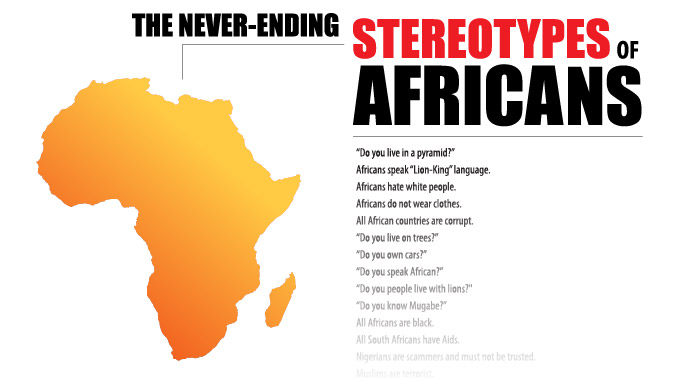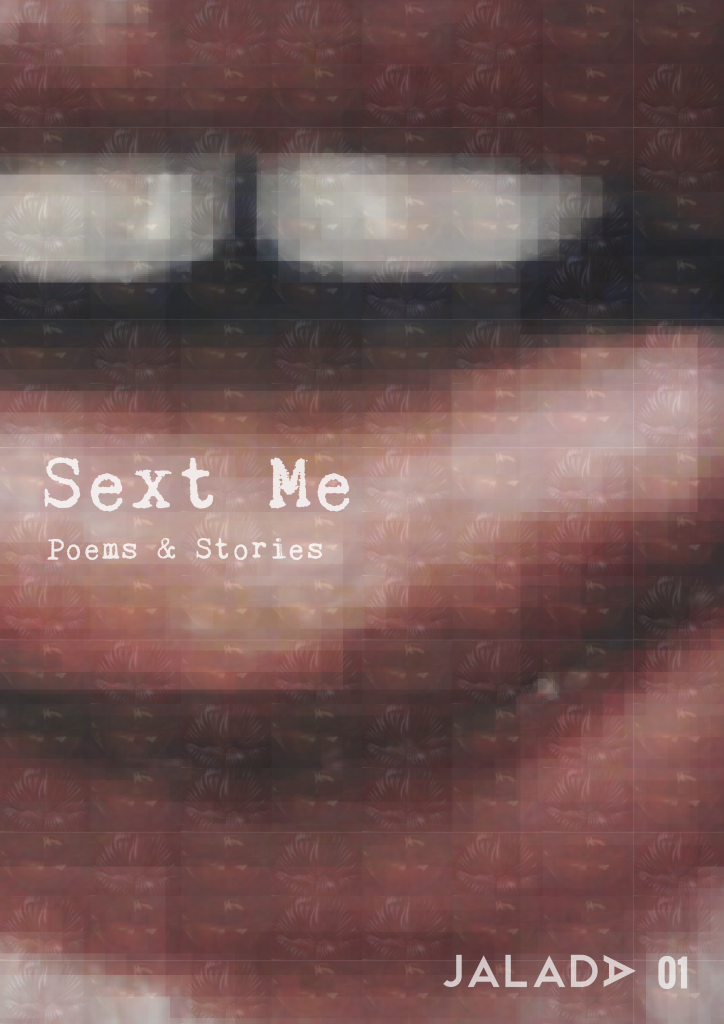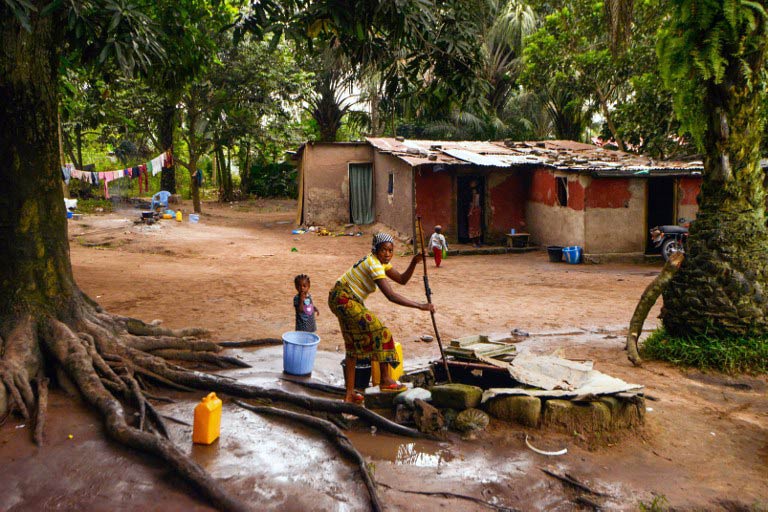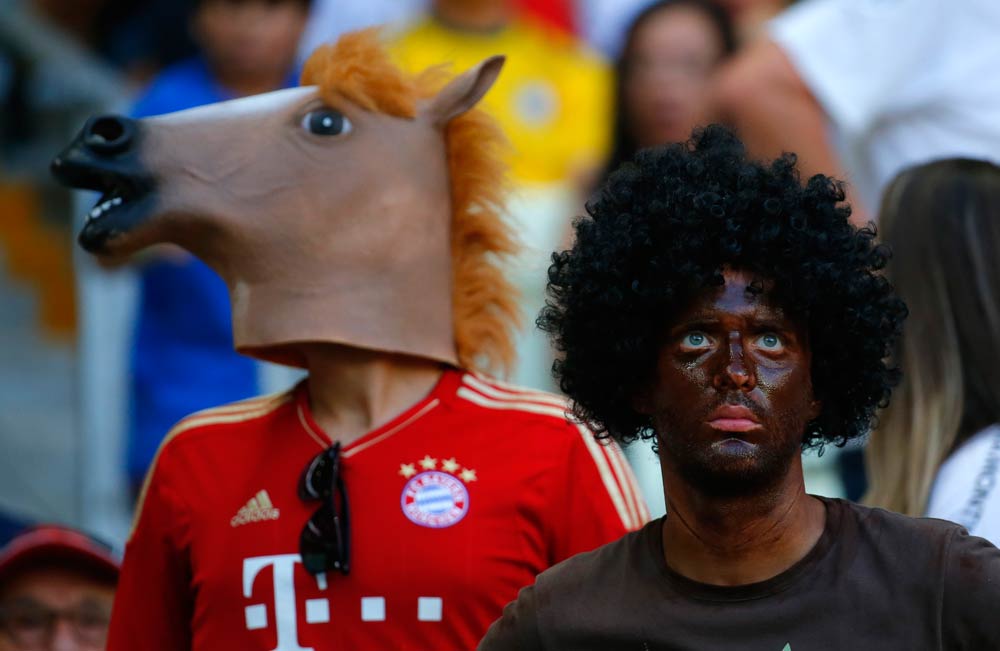On a recent Friday night, I was watching He’s Just Not That Into You. It’s a sweet love story of a girl chasing love and taking advice from a boy she was falling for, while, unknown to them both, he felt the same about her. Of course they end up together at the end, Hollywood-style.
In one of the early scenes, groups of friends from different parts of the world take turns comforting each other as they share their relationship troubles. When an African girl complained about her boyfriend not being in touch, her friend’s response was: “Maybe he forgot your hut number.” Another quickly added: “Or he got eaten by a lion.”
I found it very offensive that in 2009, Africa was still being portrayed in such a manner. How many times are these ‘jokes’ at our expense going to be told? But here we are in 2014, and Africa is still being portrayed in that manner. It led me to thinking about the stereotypes that follow us around in our daily lives, not just on-screen. I asked my friends – from Cape Verde to Somalia, from Cape Town to Tunis and Nigeria – about the stereotypes they most often encountered, whether it was about religion, culture, tribe or country. Unsurprisingly, many of the responses were similar.
- Nigerians will juju you.
- Tunisians are terrorists.
- Arabs are not Africans.
- Igbo people love money.
- A Senegalese person’s complexion is several shades darker than the complexion of an average sub-Saharan African.
- All Kenyans are fast runners.
- Hausa people don’t speak good English
- Africans are poor.
- Nigerians are scammers and must not be trusted.
- Muslims are terrorists.
- All Africans are black.
- All South Africans have Aids.
- Yoruba girls are ugly.
- Nigerians are all thieves.
- Nigerians are all drug dealers.
- Nigerians are obnoxious.
- “Do you speak African?”
- “Do you people live with lions?”
- “Do you know Mugabe?”
- All Hausa people are stinking rich or terribly poor.
- Africa, in general, is a dangerous place.
- “Do you live on trees?”
- “Do you own cars?”
- All Africans are violent and/or terrorists.
- Light-skinned and attractive Africans are more successful.
- “Do you have internet in Africa?”
- Africa is a homogenous country.
- Africans are less intellectually gifted than other people.
- You get more opportunities because you are African, especially with college applications.
- Egyptians go to school on camels.
- Rwandans kill themselves (the genocide of 1994).
- East Africans have large foreheads.
- Zulu people are hot-tempered.
- The South Sudanese all have a delinquent and miscreant mindset.
- All Egyptians are Muslims.
- “Do you live in a pyramid?”
- Sub-Saharan Africans cannot have long hair – it just doesn’t grow.
- Nigerians are kidnappers.
- Nigerians will ‘hook’ you to drugs.
- Xhosa women are all gold-diggers.
- People from the Maasai tribe eat blood.
- Africans speak “Lion-King” language.
- Africans hate white people.
- Africans do not wear clothes.
- All African countries are corrupt.
I’m sure there are countless others we can add to the list. If, during colonialism, Europeans thought Africans did not wear clothes and spoke “Lion-King” language, I could perhaps forgive that. But I cannot accept the ignorance of people of my generation. Instead of laughing it off – as we are expected to – we should call them out on it.
Khadija Sanusi is a first-year student at the African Leadership Academy.









